Weird plants from around the world you’ve never seen before
Last Update :2024.11.09
Article Catalog
Nature is full of strange things, and the plants created are also different. We have to marvel at the uncanny craftsmanship of nature. How many weird plants have you seen in the world?
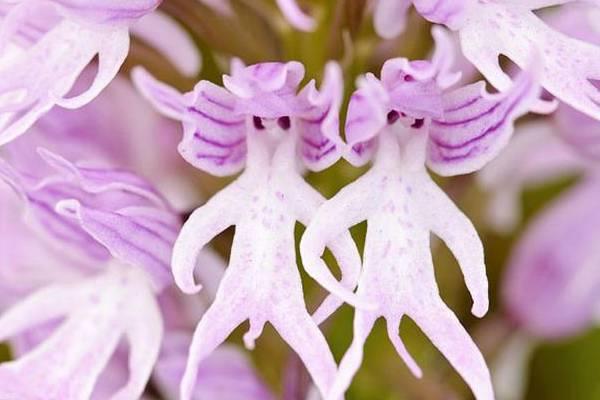
Lip Flower
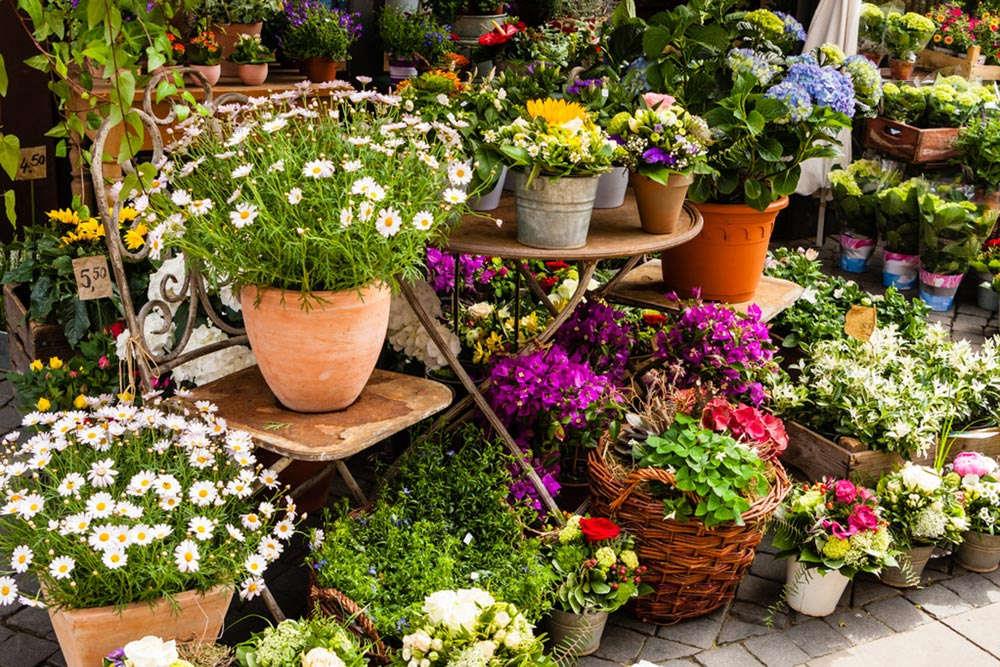
This peculiar plant looks like Technologically manipulated, however, it's safe to say its alluring lips are a natural. Lip flowers grow in the tropical rainforests of some countries in Central and South America. The plant evolved this shape to attract these pollinating insects, such as hummingbirds and butterflies. However, due to uncontrolled deforestation in these countries, the plant is on the verge of extinction.
Bird of Paradise

Also known as Bliss Bird flower, native to South Africa. Named in memory of Charlotte of Mecklenburg-Strelitz, Queen George III of England. The inflorescence is like a bird's beak and the stem is vertical like a bird's head, which can support the sunbird to stand on it to eat nectar, then open the petals and cover the bird's claws with pollen.
Flying duck orchid

This is A kind of terrestrial orchid that is only produced in Australia. The sides of its flowers look like little ducks flying in the air. Therefore, Australia not only has duck-like platypuses but also duck-like orchids.
Iris
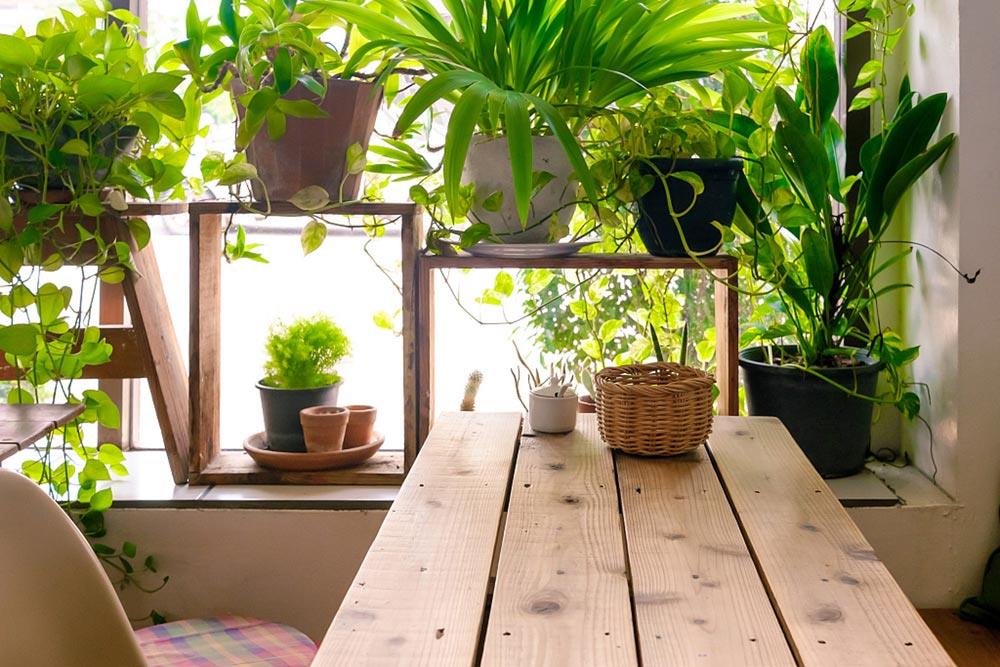
Iris belongs to the family Iridaceae , about 300 species worldwide, Iris comes from the Greek meaning "rainbow". Natural iris is mainly distributed in North Africa, Spain, Portugal, and the Caucasus. Usually German iris, Spanish iris, and yellow iris are the most common; the Netherlands also has "Blue Magic" iris and Braao iris; the national flower of France is iris vulgaris.
The world's largest flower Rafflesia

A peculiar parasitic plant that only blooms one flower in its lifetime, with a flowering period of 4 days and a maximum diameter of 1.4 meters. It emits a putrid smell and is also known as the corpse flower. Rafflesia has neither leaves nor stems, but is parasitic on the roots or lower parts of stems of climbing plants in the grape family. (Why does this picture look so uncomfortable...?!)
Ribes uva-crispa

Also known as currant lantern fruit. Contains 18 kinds of amino acids needed by the human body, vitamins C B1 B2, iron, tin, potassium, phosphorus, zinc and other minerals. Each 100 grams of fruit contains 200 mg of vitamin C, ranking second only to kiwi fruit among fruits. Contains bioflavonoids, which can soften blood vessels, lower blood lipids and blood pressure, and fight cancer.
Osiria Rose

Duying flower

The Duying family belongs to the genus Duying and is a tree plant. There are about 200 species in this genus, which are distributed in tropical and subtropical regions.
Dracula Simia

There are about 120 species of strange orchids that grow in the fog forests of southeastern Ecuador and Peru. They are called "monkey-faced orchids" because most of them have monkey faces. This orchid usually grows nearly 2,000 meters above the line of sight and is very secretive and difficult to spot. Although Dracula is also the name of the vampire Dracula, here it means "little dragon".
King Poseidon Flower
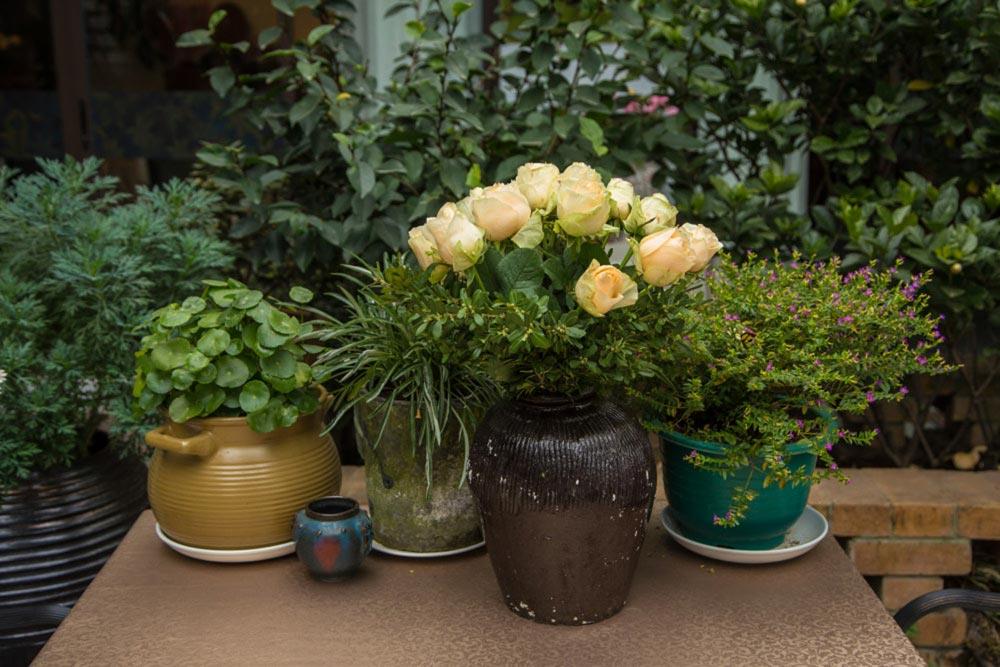
Also known as The king flower is the national flower of South Africa.
Radix chandelier flower
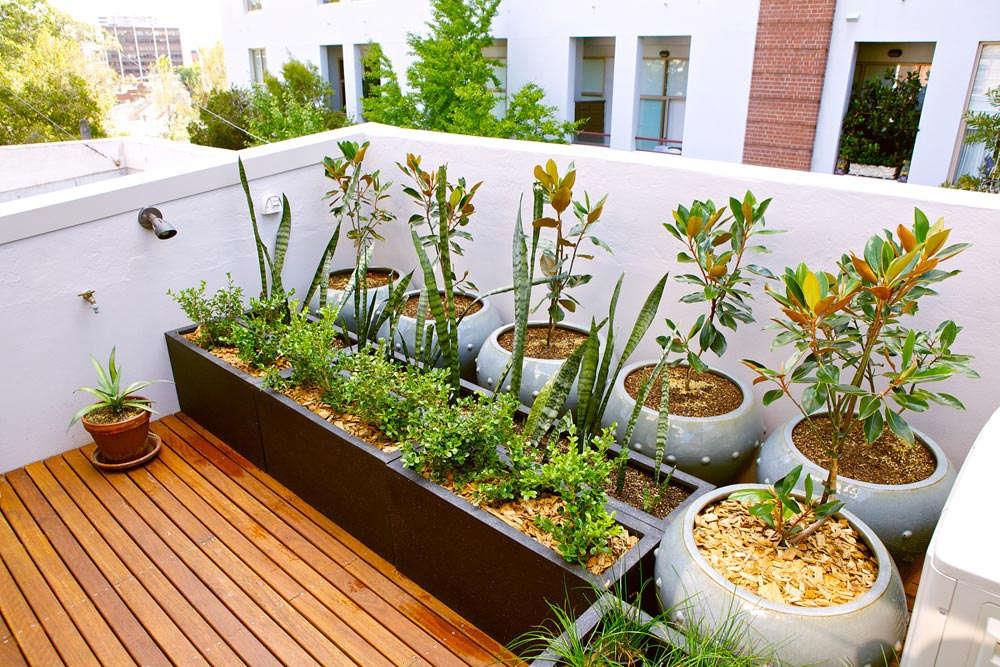
Radix A genus of erect or climbing subshrubs in the family. There are about 170 species in this genus, which are distributed in Africa, Asia and Oceania.
Silver Sophora japonica
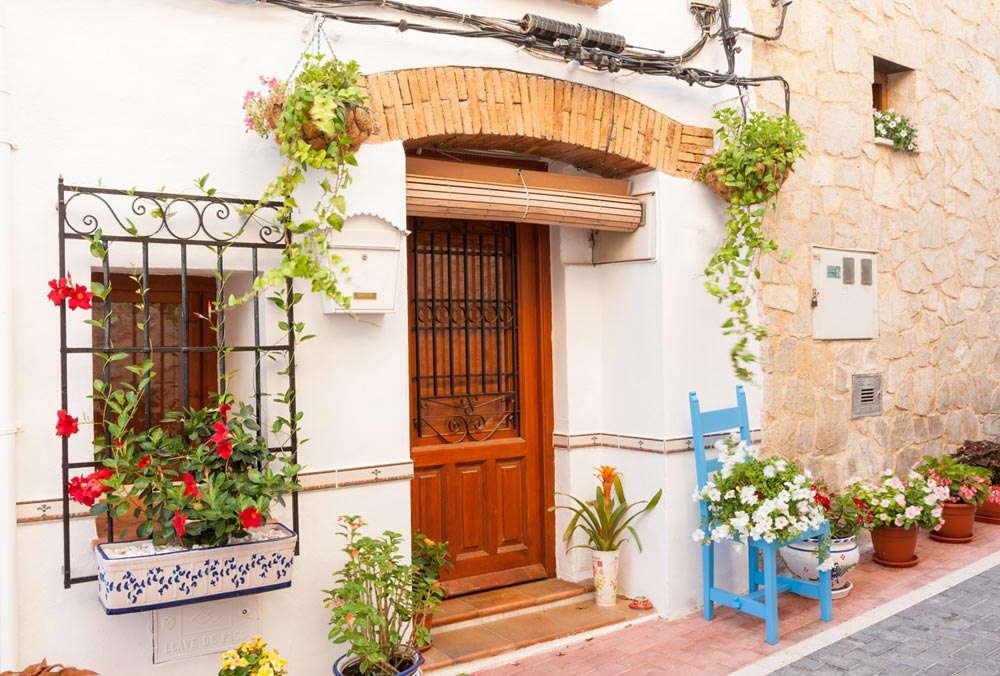
Origin in the Indian Ocean. The stamens are like many tentacles overflowing, and only medium-sized petals can give birth to huge fruits.
Blue-eyed chrysanthemum

Asteraceae The scientific name comes from the Greek word for "bone" and the Latin word for "seed". About 50 species are native to Africa, 35 of which are found in southern Africa and Arabia. They are semi-cold-resistant plants.
Teddy Bear Sunflower
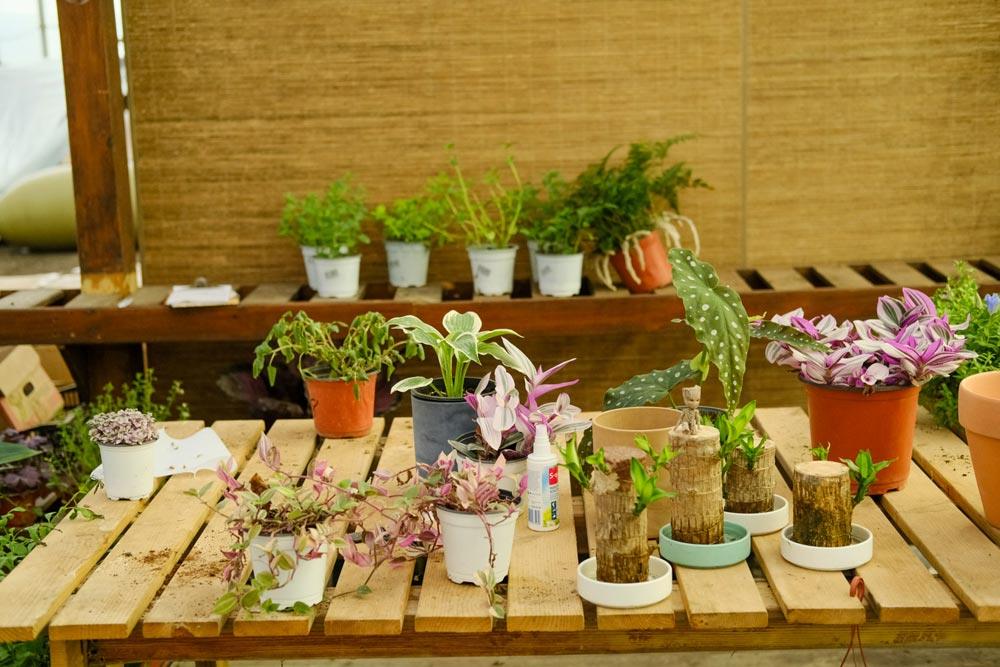
Dwarf and It has thick and dense orange petals, and its vague appearance is cute and naive. (Flowers and plants are also cute...)
Ghost Flower Crystal Orchid
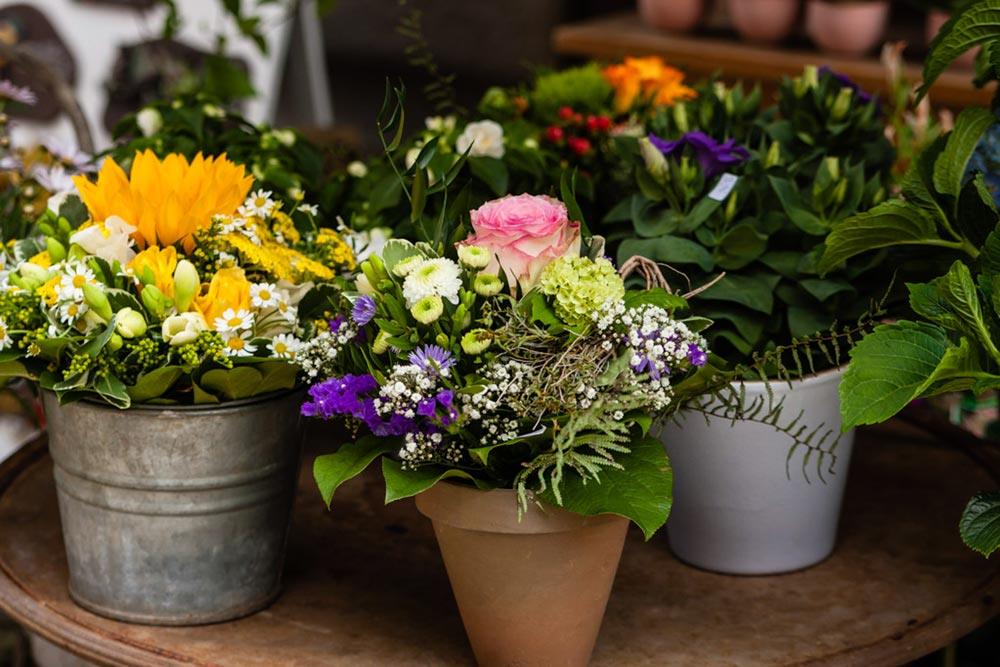
Wilgenthaceae is neither an orchid nor a mushroom. It is a parasitic plant of saprophytes. It does not carry out photosynthesis without chlorophyll, and its leaves degenerate into scales. Commonly found in cool and humid coniferous and broad-leaved mixed forests at an altitude of 1500-2500 meters. The monoecious plant is crystal clear and white, like a crystal-like pipe. Although it is called the ghost flower, it does not hurt people and is very effective in treating chronic cough due to internal deficiency.
Calathea warscewiczii
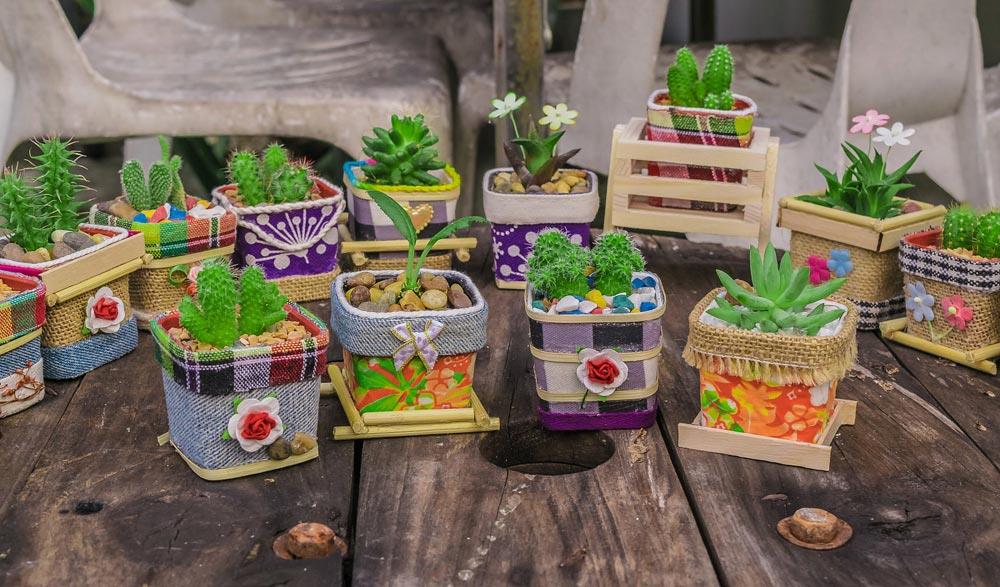
Xiao Calathea It is a genus in the Arrowroot family. It is a perennial herbaceous plant. There are about 150 species in this genus, which are distributed in tropical America and Africa.
Sandersonia aurantiaca
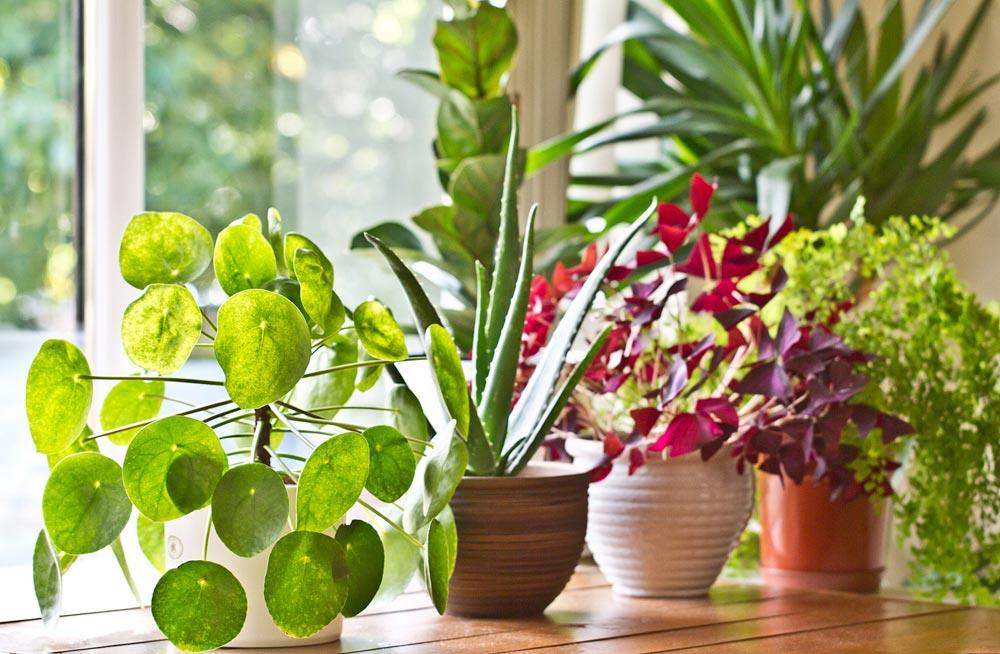
Xifan Lotus
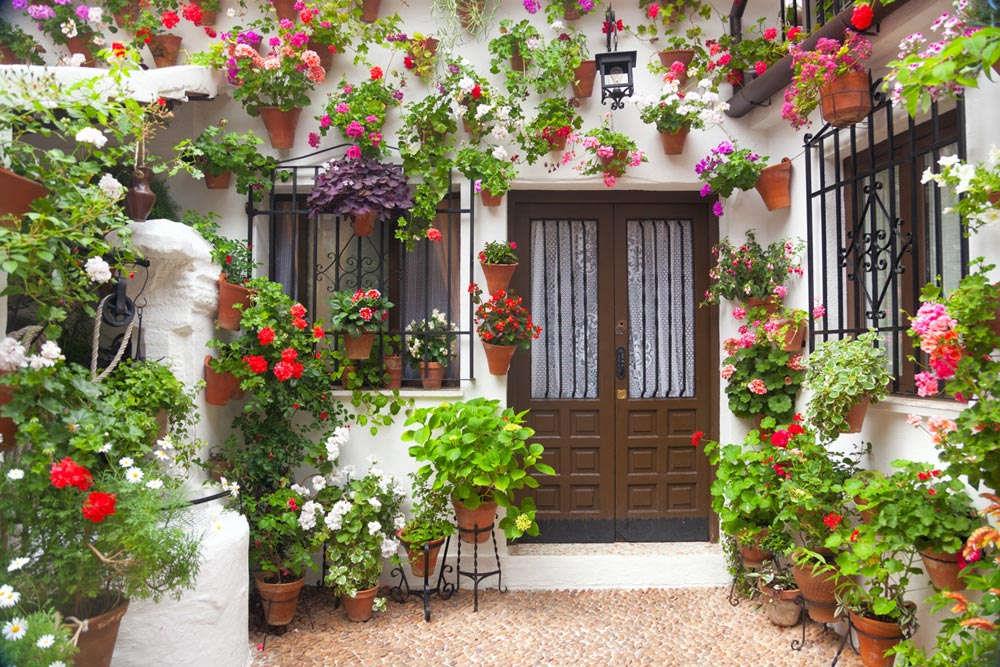
O. versicolor
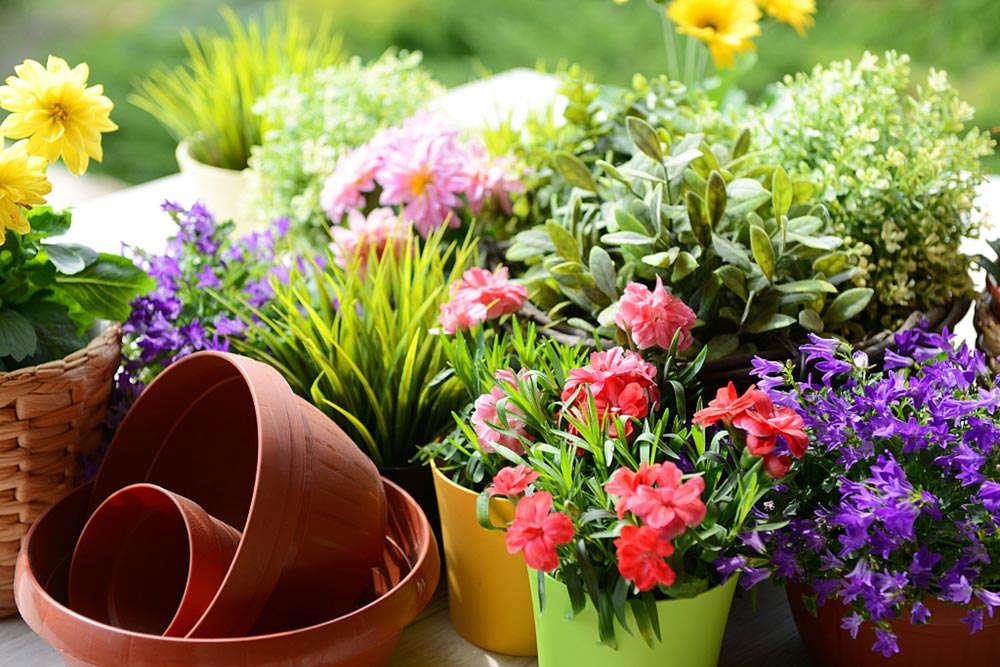
Oxalis is the largest genus in the Oxalaceae family. There are 900 known species in the family Oxalis, 800 of which belong to the genus Oxalis. Many species are known as wood sorrel. The genus Oxalis is found throughout the world except in the polar regions. Varieties are particularly abundant in the tropics of Brazil and Mexico and in South Africa.
Ice cream tulips
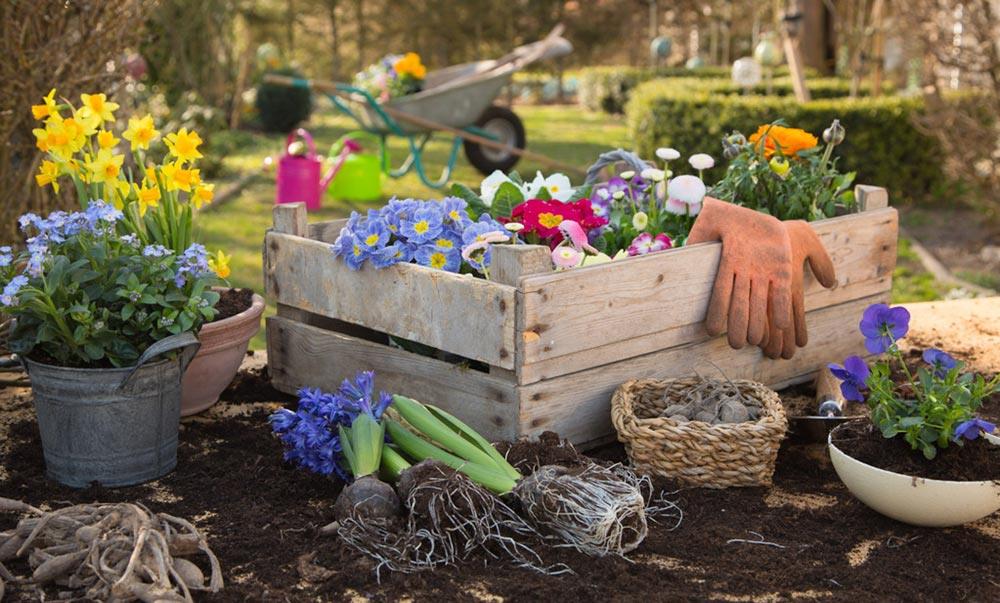
Almost equivalent to They are about the size of 2 ordinary tulips and have folded petals similar to those of peonies. They are also often called peony tulips. The white petals in the center are stacked tightly together, and they really look like vanilla ice cream.
- END -
How to grow Viola

Soil: Viola is suitable for growing in soil with medium fertility and good drainag...
How to grow orchids and precautions

Lighting: Nail orchid likes a cool environment and does not like to grow in the su...